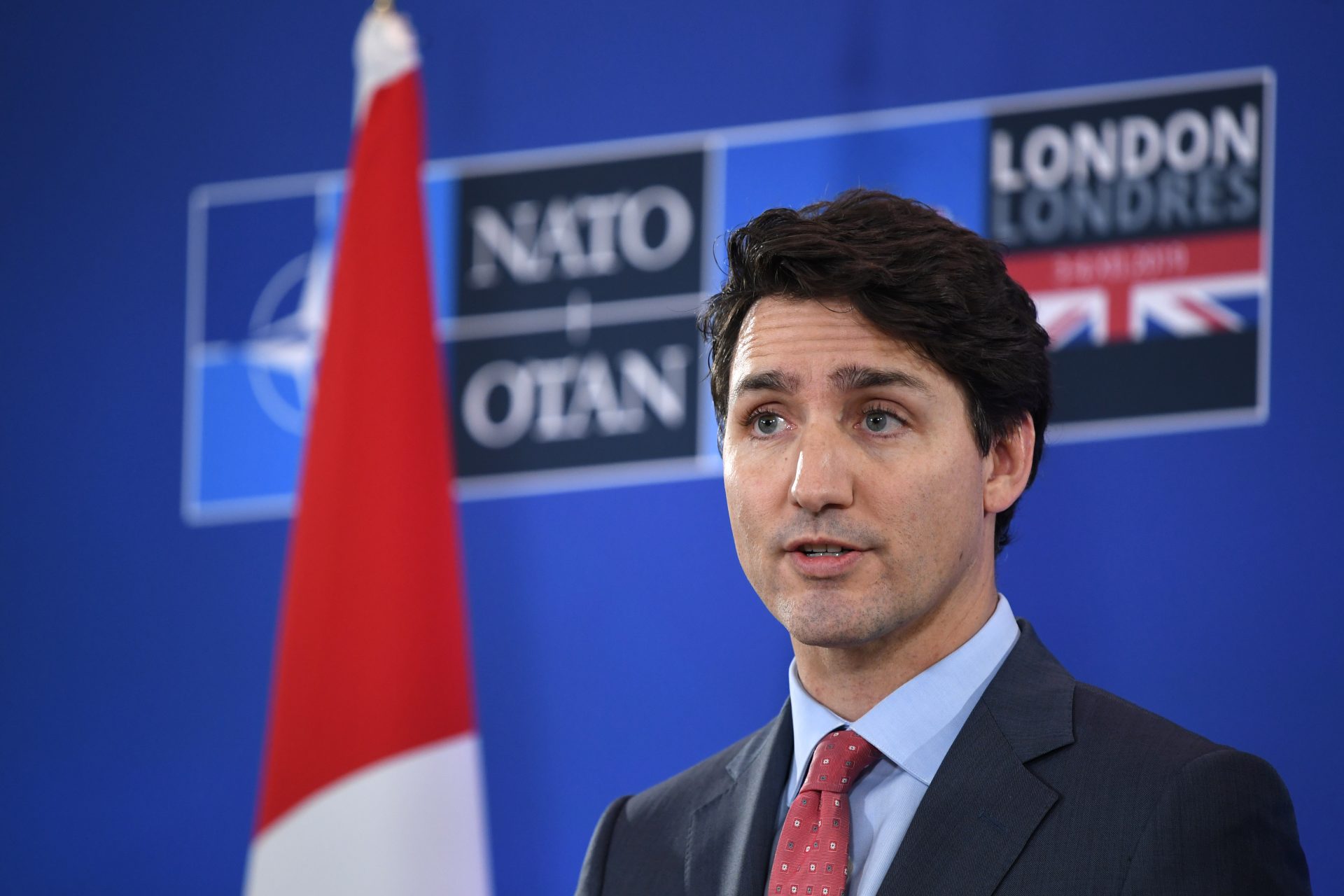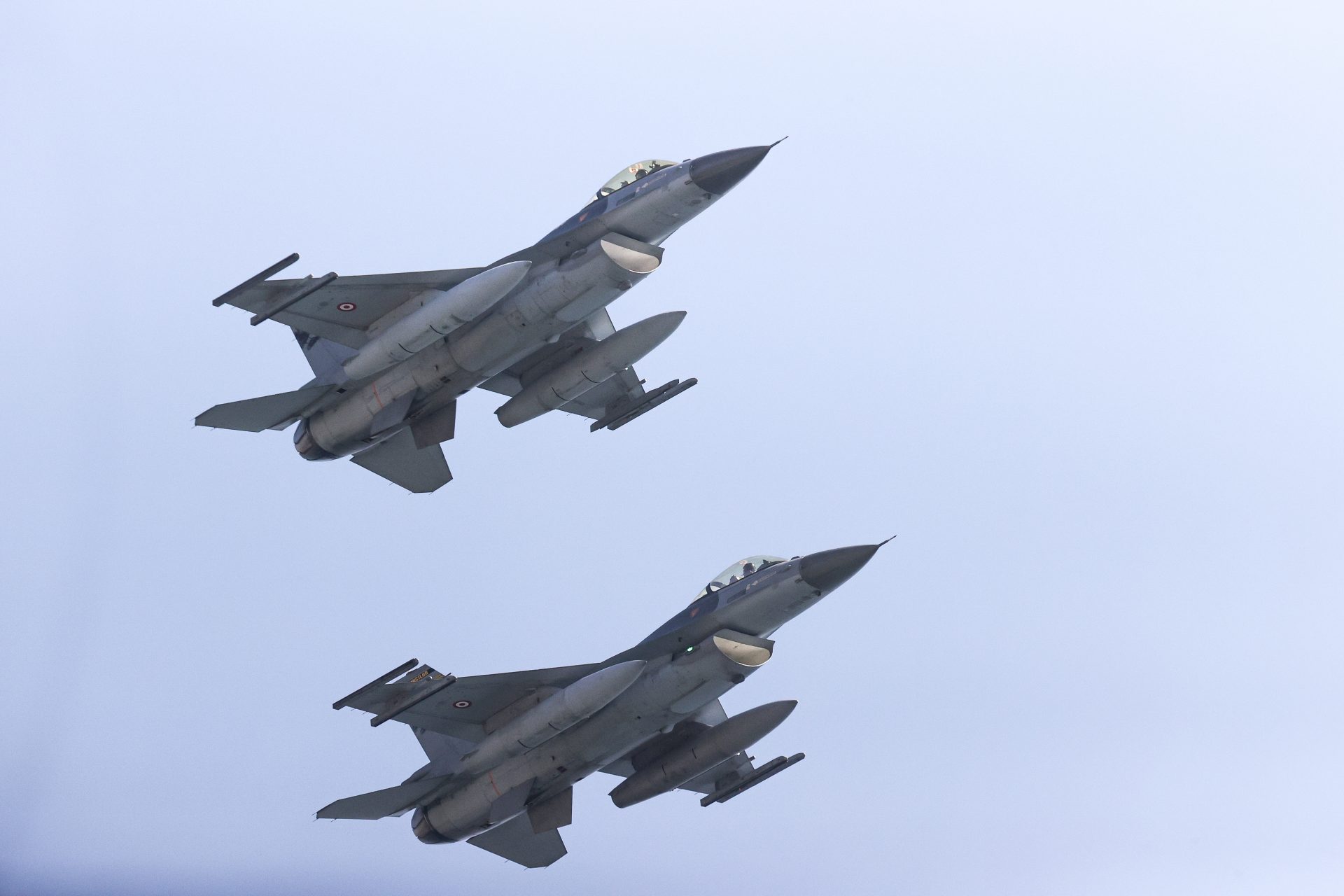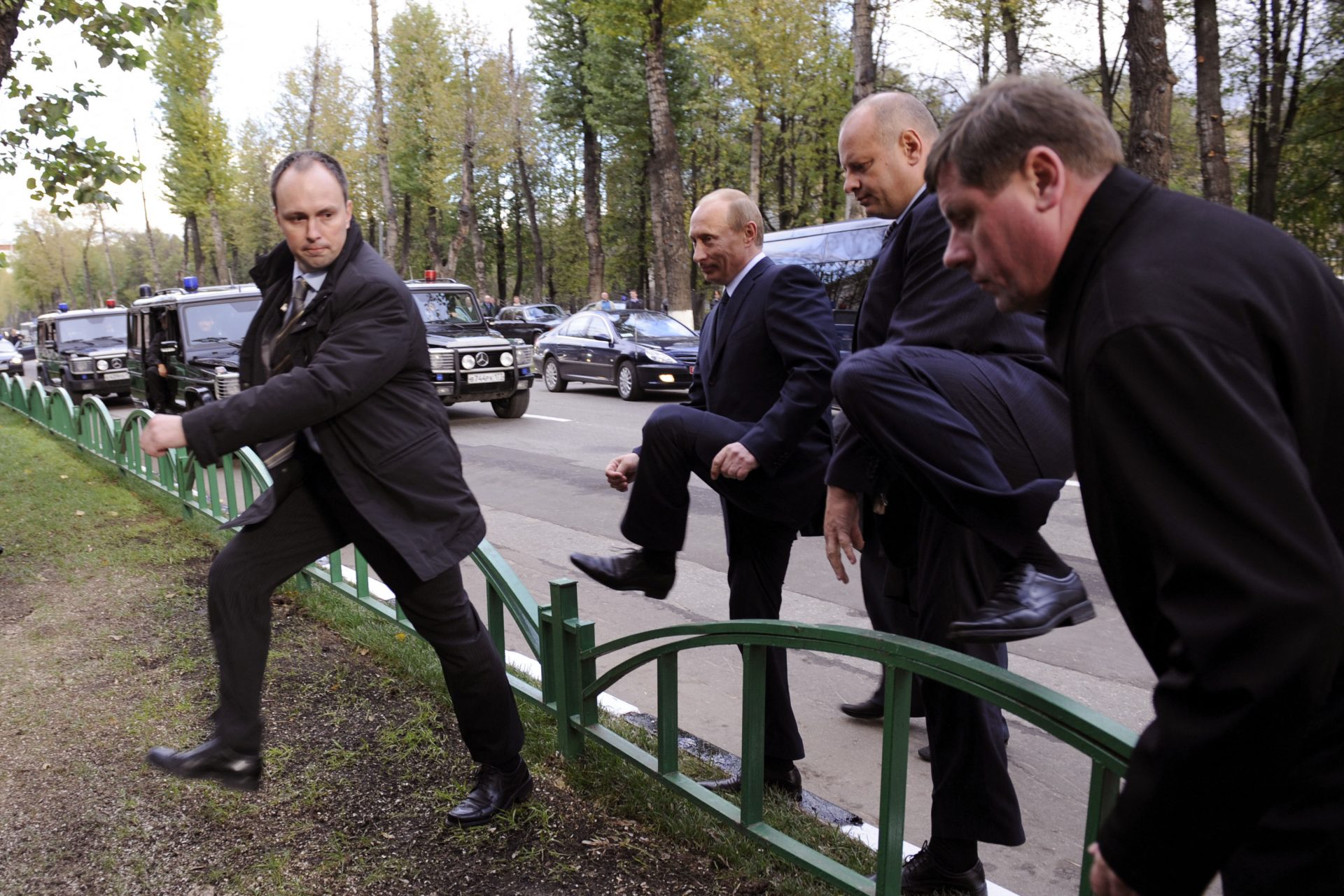Germany and Europe prepare for a winter without Russian gas
Winter is coming and the invasion of Ukraine still rages on. Meanwhile, the European Union faces one of its biggest challenges yet as the Russian government uses gas to pressure the Western bloc.
Germany is one of the countries that have felt the burn the most. According to The Guardian, before the war in Ukraine, 55% of the gas used in Germany came from Russia, which in turn made up 37% of the country’s overall energy consumption.
Gas power was promoted as a “bridge technology” on the way to achieving carbon reduction targets by the current government of Olaf Scholz and his predecessor, Angela Merkel.
The homes and industries of Europe’s largest economy have become heavily reliant on gas in the past two decades.
Back in July, Russia cut the gas supply going to Germany through the Nord Stream gas pipeline. Although the Russian state gas company Gazprom claimed it was shut down for maintenance, many high-raking European officials saw it as a threat.
By early September, it was clear that the pipeline supplying Russian gas to Germany would remain switched off.
Some experts have argued that Germany should consider expanding the life of the country's three remaining nuclear power plants, which are due to close at the end of 2022 and so far offer only 5% of the overall power grid.
However, Minister of Economy Robert Habeck, who is a member of the Green Party, stated that even if they wanted to, extending the life of the three nuclear plants would bring very little reward.
According to DW, Habeck announced in late September that Germany was on track to meet 95% of its gas storage capacity by November and had a chance to get through the winter “comfortably”.
“If everything goes well, savings in Germany are high and if we have a bit of luck with the weather, we will have a chance at getting through the winter comfortably,” The German Economic Minister was quoted saying by DW.
Among the drastic measures that the German government has taken to prepare for winter is the nationalization of Uniper, the Finnish energy group that was the country's biggest gas importer.
However, Germany is hardly the only one concerned in the continent. On March 8, the European Commission announced a plan to make the EU independent of Russian fossil fuels before 2030 by the name of REPowerEU.
The idea has been summed up by EU Commissioner Thierry Breton in three words: Substitution, solidarity, and sobriety. Substitute Russian fuels with alternatives, joint aid, and coordination across Europe to reach goals and purchase gas and hydrogen and, finally, make sacrifices in an objective and measured manner.
According to the New York Times, Russia provided before the war 40% of the gas of the European Union. However, by June, gas exports had reduced over two-thirds and kept steadily dwindling.
‘Russia is blackmailing us’, declared President of the European Commission Ursula von der Leyen on July 20, before revealing the measures the member states would vote.
The 27 Energy Ministers of the European Union voted in on July 27 to approve emergency measures to prepare for a winter without Russian gas. However, not everyone agreed on everything.
The measures, in their current form, ask the member states of the European Union to voluntarily reduce their gas consumption by 15% and exempt countries such as Ireland and Malta, which are not connected to European gas networks.
Image: Alexandre Lallemand / Unsplash
Hungary was the only EU country to reject the plan. According to DW, Hungarian Foreign Minister Peter Szijjarto (pictured) complained that the measures were “unjustifiable, useless, unenforceable and harmful”.
The German Economic Minister applauded the EU plan and considered that it served to send a message to Putin: “You will not split us”.
The original proposal obligated the 27 member states that make up the bloc must reduce their gas consumption by 15% between summer and springtime.
Al Jazeera writes that Spain, Portugal and Poland stated their discontent with the proposal within the first 24 hours. Although they ultimately approved of them, with some reservations.
Image: Frederic Köberl
Spanish Energy Minister Teresa Ribera declared that her country doesn’t depend on Russian gas, so it wouldn’t make sense to approve such a measure.
Meanwhile, the Portuguese Energy Minister, Joao Galamba, declared to the Lisbon-based newspaper Expresso that the European Commission was not taking into consideration the specific needs of the Iberian countries.
Galamba pointed out that Spain and Portugal were forced to produce more power from gas due to a drought affecting the Iberian Peninsula during the summer.
More for you
Top Stories





































